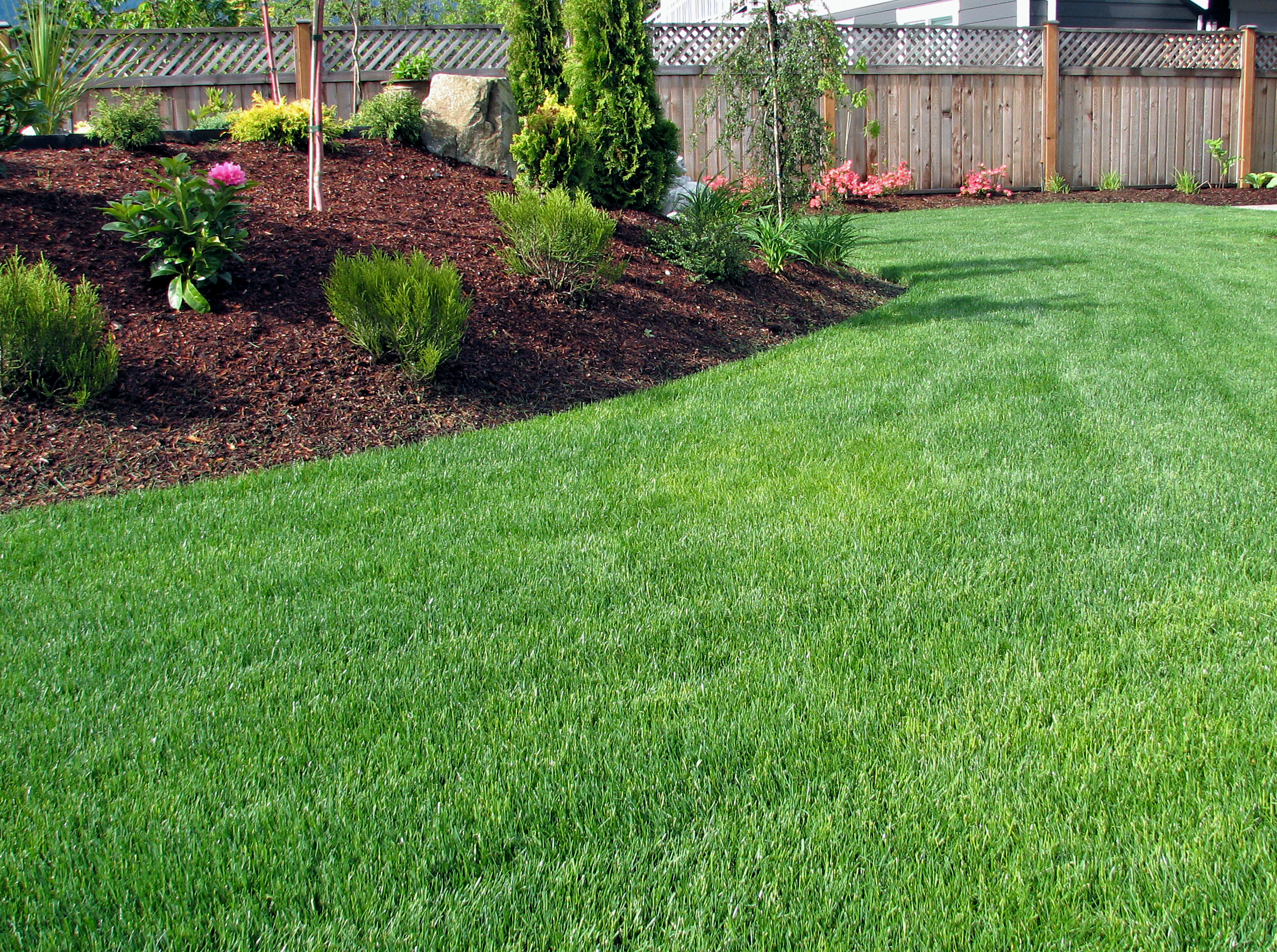Most people don’t give their sprinklers enough credit. These unsung heroes are the primary reason your lawn stays in optimal condition all year long. Unfortunately, many homeowners miss the signs that their sprinkler systems are performing poorly or, in some cases, are outright broken.
We want to help you keep your lawn in the best shape possible. As an irrigation installation and sprinkler repair company with extensive experience, we've compiled a list of common issues that occur in sprinkler systems and tips for diagnosing them.
Common Sprinkler System Issues
A Faulty Sprinkler Controller
The controller is the most critical component of your sprinkler system. It performs several essential functions:
- Activates and deactivates the system at appropriate times
- Controls the even distribution of water across your lawn
- Allocates the correct amount of water
- Activates essential mechanisms for consistent operation
With that in mind, it’s clear why you should keep an eye on this component. Consistency, or the lack thereof, is the biggest clue to a failing controller. If your system isn't activating at the right times, runs for too long or not long enough, or fails to operate in automatic mode, you may have a faulty controller or other electrical issues.
Water is Leaking From One or Multiple Zones At Once
Leaks can be disastrous for any water management system, especially for sprinkler systems. Unchecked leaks can lead to significantly higher water bills. So how do you recognize a leak before it becomes costly?
Monitor the different zones of your sprinkler system closely. Sprinkler valves control water flow with a diaphragm seal operated by a magnetic solenoid that alters internal vacuum pressure. If you notice water leaking from one or multiple zones, it could indicate a defective valve diaphragm, a blockage within the valve, or an installation issue affecting the valve's ability to seal properly.
Pump Buzzing
Pump buzzing is a serious defect signaling an issue with your sprinkler’s relay system, a magnetic switch that activates the system. An audible buzzing noise often indicates this problem. A faulty relay could leave your sprinkler heads inactive, so it’s crucial to call us as soon as you hear buzzing sounds.
Pop Up Failure
This issue can manifest in various forms, but all lead to one outcome: one or more of your sprinkler heads functioning poorly or not at all.
What causes this issue? It might involve a damaged relay, a poorly functioning controller, or a mechanical failure in a specific head’s pop-up mechanism. Diagnosing this problem can be tricky, especially since many potential causes could be resolved through DIY fixes. It’s best to call our irrigation service as soon as you notice any issues.
Incorrect and Ineffective Head Height
Many homeowners overlook ineffective head height until they notice parts of their lawn aren’t receiving enough coverage. If your lawn’s health seems inconsistent, checking head height is one of the first things you should do.
A sprinkler head positioned too high can miss watering essential areas and can become damaged during lawn maintenance, such as mowing. Conversely, a head that’s too low may overwater areas near the head, leading to other problems.
Poor Water Pressure
Poor water pressure is a common cause of inadequate lawn coverage. Resolving this issue is often straightforward: poor water pressure typically arises from blockages, faulty hardware, broken pipes, or backend issues, and can sometimes be a result of a poorly designed system. Thankfully, this is also one of the most common causes of inadequate coverage.
Skipping Irrigation Zones
This problem often arises with pump-fed systems, where suction leaks occur within the pump lining, preventing water from reaching the designated zone. If one area of your lawn is in significantly worse shape than those around it, faulty distribution zones may be the culprit.
If you don’t have a pump, the common issues are often found at the valve, such as a shorted solenoid, poor wiring connections, or a faulty valve itself. It’s also worth checking to see if the controller has a shorted-out motherboard or a defective module.
Clogged Sprinkler Heads
Finally, clogged sprinkler heads are a prevalent issue. If your heads aren’t popping up or water isn’t flowing consistently, this could be the cause.
Lawn and Landcare is an irrigation service ready to work for you. We specialize in irrigation installation, sprinkler repair, and a wide range of irrigation services. Call us or contact us at your earliest convenience to start repairing your sprinkler system.


